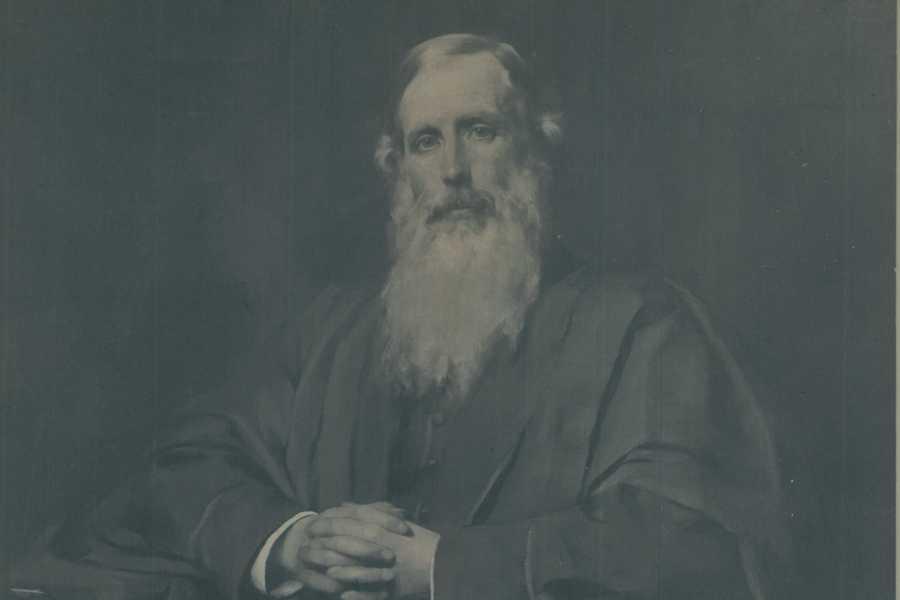Henry Sidgwick and the Profoundest Problem in Ethics
Sidgwick argued that it is happiness that we should take as the motivation for being good. So if happiness was what was intrinsically good, we must, at times, even put our own desires aside to maximize the greatest happiness for the greatest number of people. But what might motivate individual people to do this? Why not do evil if this makes us happy, if we can get away with it, and happiness is all the matters to us intrinsically?
Hence, there would always be a dualism in ethical reasoning between our interest in our own satisfaction and our interest in being impartially good.
24
256 reads
The idea is part of this collection:
Learn more about personaldevelopment with this collection
How to practice self-compassion
How to identify and challenge negative self-talk
How to build self-confidence
Related collections
Similar ideas to Henry Sidgwick and the Profoundest Problem in Ethics
The Evil That Men Do Harms You Only if You Do Evil in Response
Marcus reminded himself to not be upset by the misdeeds of others and to correct them if possible, but if they were stubborn and would not change, to accept it. In reacting to such people, we must never allow our own principles to be violated. Moreover, we should never be surprised by the wicked ...
The big questions of a scientific world
SF, the good SF at lest, is working on the same big questions we keep asking as human beings, but from a place of scientific understanding rather than assuming everything is God-made:
- What is our purpose in an infinite universe that does not seem to care about us?
- Are we alone ...
Synonyms Of The Ego In Psychology
- Self-Concept: Our own self-image, the way we perceive ourselves.
- Identity: Our social status, physical characteristics and abilities.
- Self-Perspective: Our own unique view of ourselves and the world around us.
Read & Learn
20x Faster
without
deepstash
with
deepstash
with
deepstash
Personalized microlearning
—
100+ Learning Journeys
—
Access to 200,000+ ideas
—
Access to the mobile app
—
Unlimited idea saving
—
—
Unlimited history
—
—
Unlimited listening to ideas
—
—
Downloading & offline access
—
—
Supercharge your mind with one idea per day
Enter your email and spend 1 minute every day to learn something new.
I agree to receive email updates
